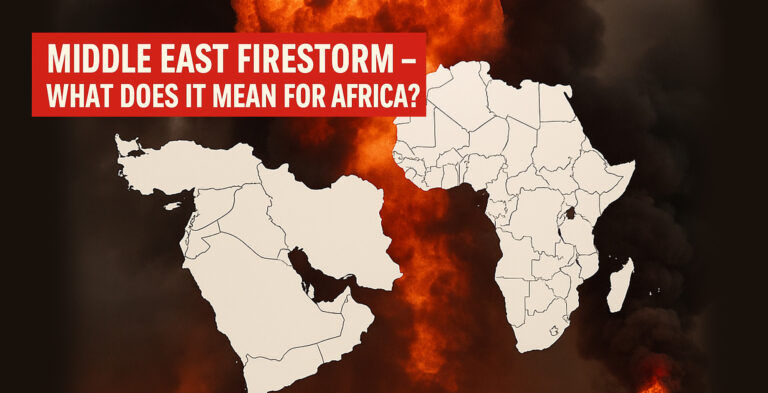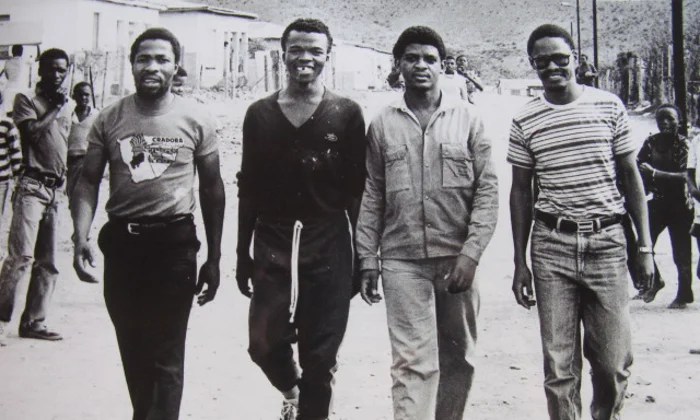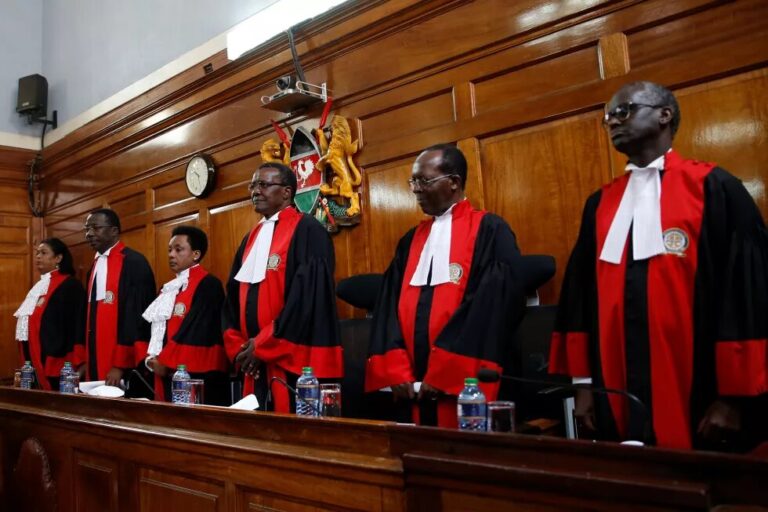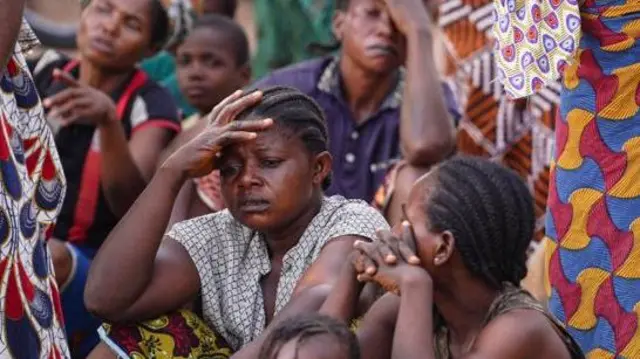Guinness World Record Fever: West Africa’s Obsession Grows

A new craze is gripping West Africa—record-breaking fever. Across the region, individuals are attempting Guinness World Records in everything from cooking marathons to endurance speeches. This wave of record-breaking attempts gained traction after Nigerian chef Hilda Baci set a new milestone with her 93-hour cooking marathon. Since then, many have followed suit, hoping to earn global recognition.
How Guinness World Record Fever Started in West Africa
Guinness World Record Fever in West Africa has been fueled by social media and the growing need for international acknowledgment. Hilda Baci’s historic achievement was widely celebrated, inspiring others to pursue their records. Seeing a fellow African gain international headlines made record-breaking seem more accessible.
This trend is not limited to cooking marathons. Individuals have attempted records in dance, marathon reading sessions, and even the longest hair-braiding event. Each new attempt further fuels the region’s excitement for global recognition.
Why West Africans Are Obsessed with Record-Breaking Attempts
West Africans see record-breaking as an opportunity for personal achievement and national pride. Many believe these feats highlight young Africans’ resilience, creativity, and ambition. Social media amplifies these stories, turning once-localized efforts into viral global sensations.
However, beyond the excitement, deeper socio-economic factors may be at play. High unemployment rates and economic uncertainty push many young people to explore alternative ways to gain recognition and financial success. Setting a world record presents a chance to stand out in a competitive world, potentially attracting sponsorships, endorsements, and career opportunities.
Criticism: Are Some Record-Breaking Attempts Meaningless?
While Guinness World Record Fever is generating excitement, not everyone is impressed. Critics argue that some attempts lack depth and are driven purely by publicity. They believe that while records can showcase talent, some individuals focus on stunts rather than meaningful accomplishments.
For example, some attempts involve creating the most extended handshake chains or stacking everyday objects. While these feats may be entertaining, they do not necessarily contribute to skills or industries. Skeptics argue that record-breaking should focus on innovation, creativity, or endurance with broader social or economic impact.
The Role of Social Media in Fueling Record-Breaking Trends
Social media has been key in spreading Guinness World Record Fever across West Africa. Platforms like TikTok, Twitter, and Instagram help amplify these achievements, making it easier for record attempts to gain international visibility.
Before the digital age, world records relied on traditional media for recognition. Today, individuals can start a challenge, document their journey, and go viral within days. This accessibility makes record-breaking appealing to young people looking for ways to stand out.
Success Stories: How Record-Breaking Changed Lives
Despite the criticism, some record-breaking attempts have led to real success. Hilda Baci’s cooking marathon earned her global fame and brought new opportunities, including brand endorsements and partnerships. Others have used their records to promote charitable causes or inspire social change.
For example, some Guinness World Record attempts have raised awareness for education, health, and youth empowerment. In Ghana, a young man’s marathon reading session encouraged literacy campaigns. Such examples prove that record-breaking can have a positive impact beyond personal fame.
Economic Struggles and the Search for Recognition
For many young West Africans, record-breaking attempts are more than a trend—they respond to economic realities. With limited job opportunities, many youths seek creative ways to gain visibility. Individuals hope to attract sponsors, scholarships, or career opportunities by setting a world record.
Some argue that this trend highlights a deeper issue: the need for better support systems for African talent. Suppose governments and private sectors invest more in innovation, sports, and the arts. In that case, young people may have more structured ways to showcase their abilities instead of relying solely on viral challenges.
Is This Trend Sustainable?
Will Guinness World Record Fever continue to grow, or is it just a passing trend? Some believe the movement will evolve, with more attempts focusing on meaningful achievements. Others worry that the excitement will fade as new trends emerge.
However, if managed well, record-breaking fever could be harnessed for positive development. Encouraging meaningful records, mentorship for young talents, and leveraging social media influence can turn this trend into a lasting movement that benefits individuals and society.
Conclusion: More Than Just a Trend?
Guinness World Record Fever is changing how West Africans view achievement. Whether driven by ambition, national pride, or economic necessity, record-breaking has put many individuals on the global map. While some attempts may lack depth, others showcase resilience and creativity.
As the trend continues, ensuring these efforts lead to long-term opportunities is challenging. With the proper support, Guinness World Record Fever could become more than just a trend—it could inspire a new generation of Africans to push boundaries, innovate, and achieve greatness on a global scale.




